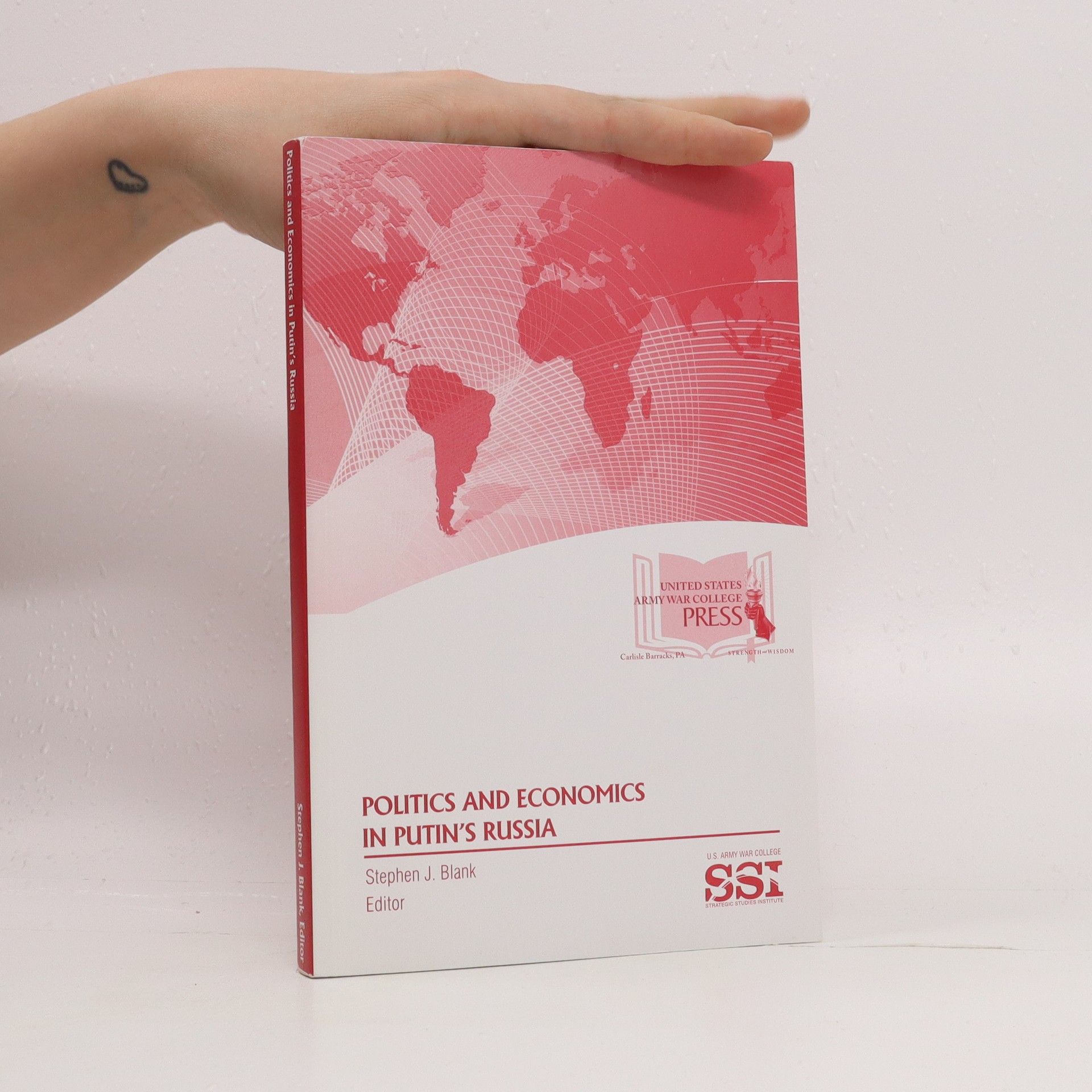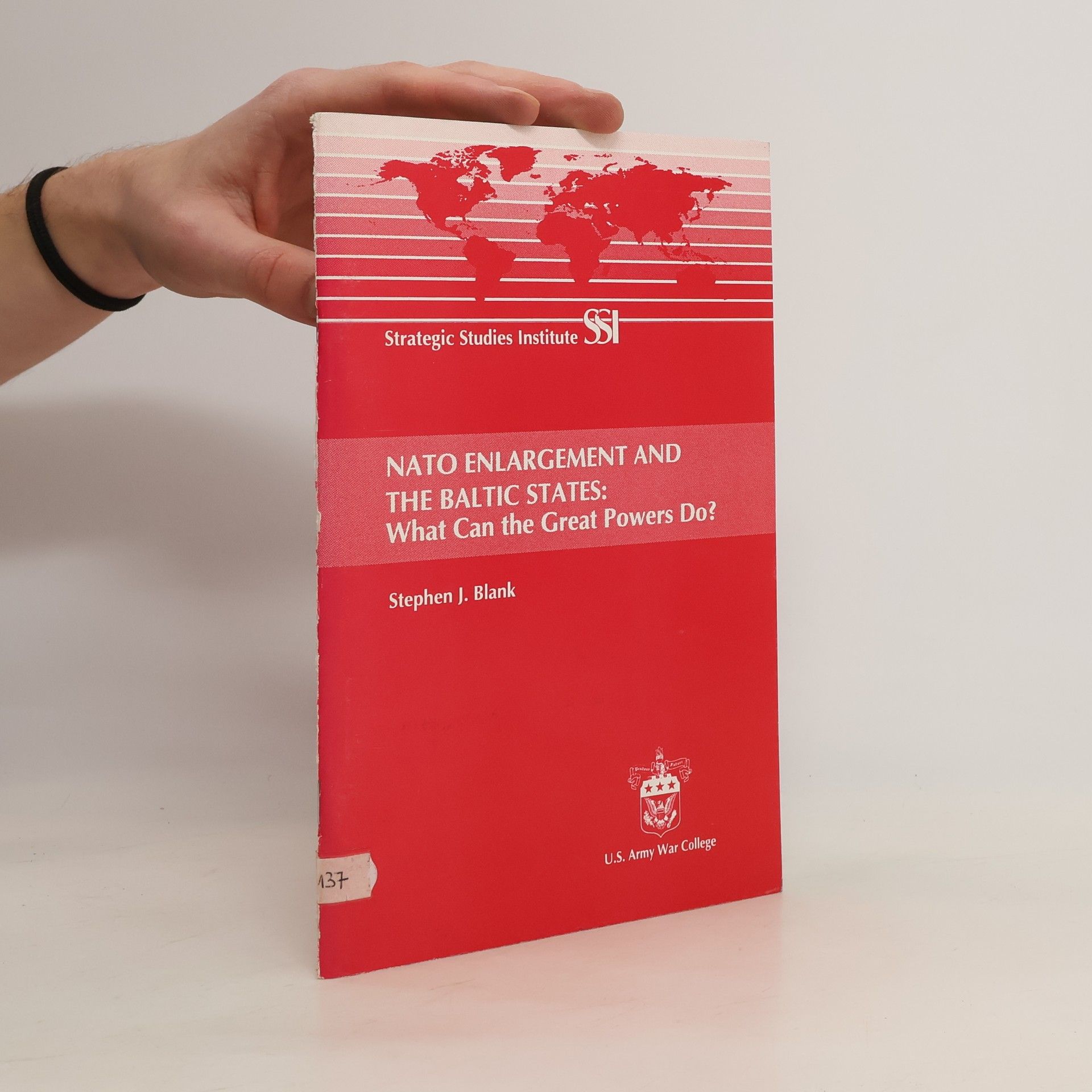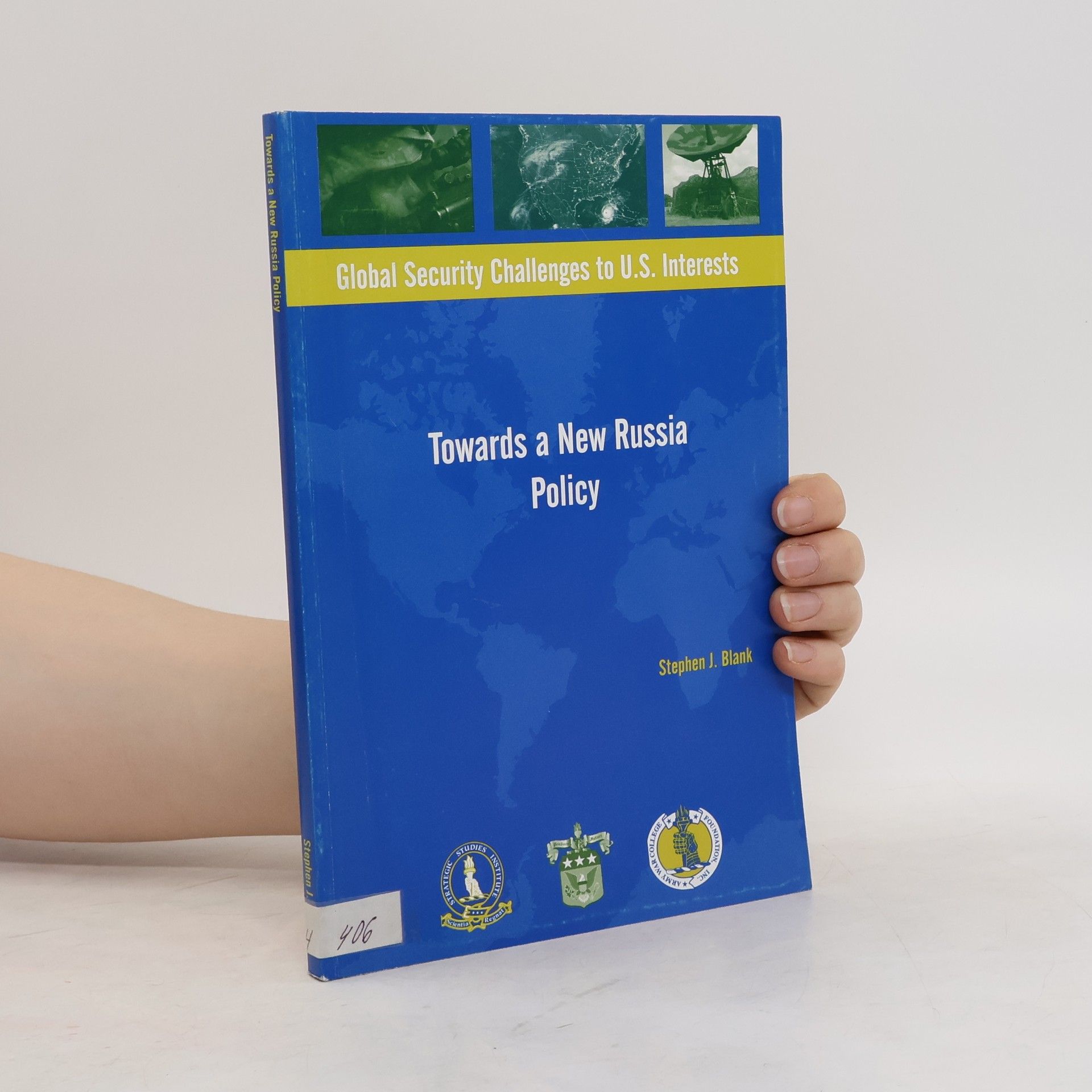Towards a New Russia Policy
- 140pages
- 5 heures de lecture
It is obvious that U.S.-Russian relations and East-West relations more broadly have recently deteriorated. Yet analyses of why this is the case have often been confined to American policy. The author examines some of the key strategic issues at stake in this relationship and traces that decline to Russian factors which have been overlooked or neglected. At the same time, he has devoted considerable time to recording some of the shortcomings of U.S. policy and recommending a way out of the growing impasse confronting both sides.



